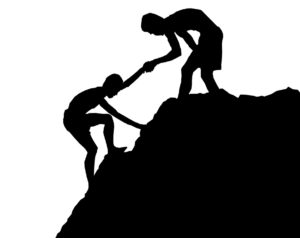The American Society for Cell Biology’s Committee for Postdocs and Students (COMPASS) has compiled a list of career perspectives. These profiles are an excellent resource for students considering different industry careers; they provide detailed information on the various professionals’ current positions, their academic and research backgrounds, how they conducted their job search, and many other important topics. Featured interviewees encompass diverse positions, from audit assistant to bioinformaticist.
Scientific Societies: ASCB
ASCB: “Mentoring undergraduates: all you need to know to help your summer student”
 The American Society for Cell Biology has posted this insightful article about mentorship. It details the learning potential involved in mentoring undergraduates in the lab. Of course, it’s no secret that graduate students juggle numerous responsibilities. Still, they would be wise to view the opportunity to mentor as a teaching opportunity, rather than an additional task. The author emphasizes graduate students’ potential to strengthen undergraduates’ “scientific identity,” the extent to which they see themselves as scientists. Fostering scientific identity is crucial, especially for members of underrepresented minorities. The author makes a number of suggestions – allowing students to attend meetings with your PI, involving them in lower-stakes side projects, and more.
The American Society for Cell Biology has posted this insightful article about mentorship. It details the learning potential involved in mentoring undergraduates in the lab. Of course, it’s no secret that graduate students juggle numerous responsibilities. Still, they would be wise to view the opportunity to mentor as a teaching opportunity, rather than an additional task. The author emphasizes graduate students’ potential to strengthen undergraduates’ “scientific identity,” the extent to which they see themselves as scientists. Fostering scientific identity is crucial, especially for members of underrepresented minorities. The author makes a number of suggestions – allowing students to attend meetings with your PI, involving them in lower-stakes side projects, and more.
ASCB: “Writing as a scientist: a skill for life”
The American Society for Cell Biology provides an insightful article by Dr. Gaia Cantelli, lecturing fellow at Duke University. Cantelli writes about the importance of effective communication in science. The ability to explain science, whether to the public, to educate students, or to communicate with patient advocates is crucial, she asserts. Writing is perhaps even more important for those seeking nonacademic careers, as an in-demand transferrable skill. Cantelli provides insights on conventions for science vs scientific writing as well as general tips to hone your skills.

